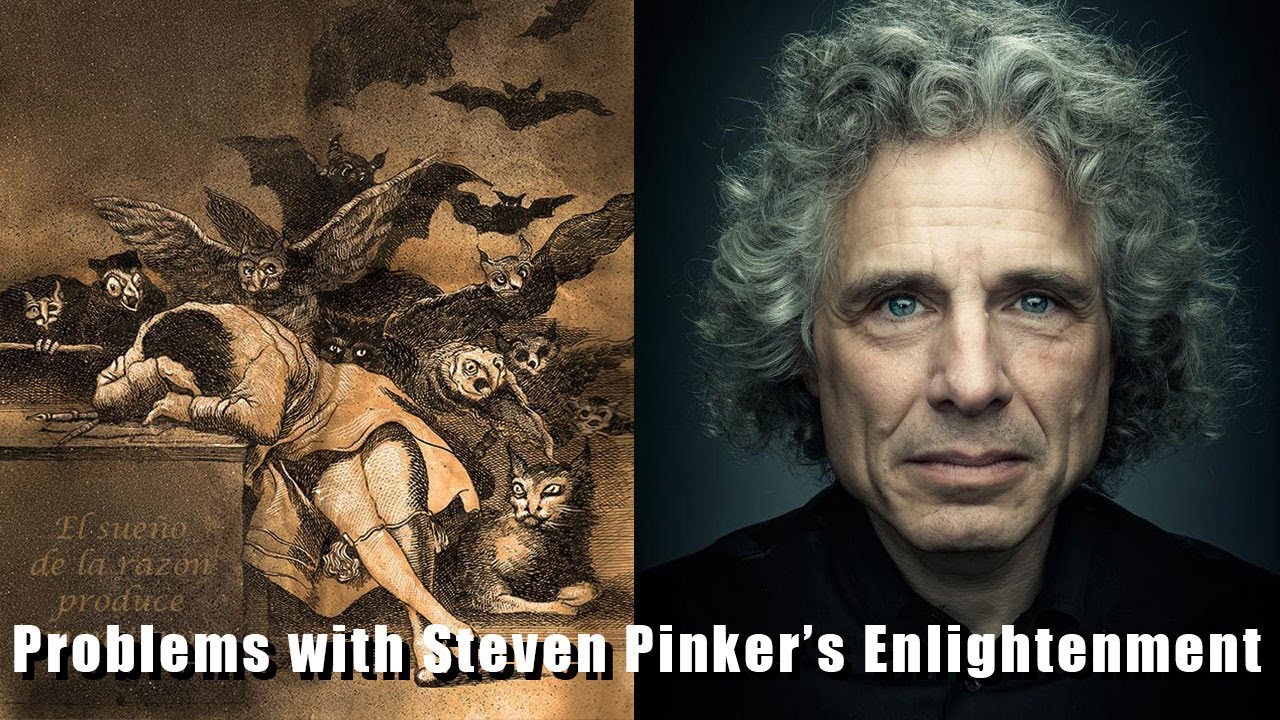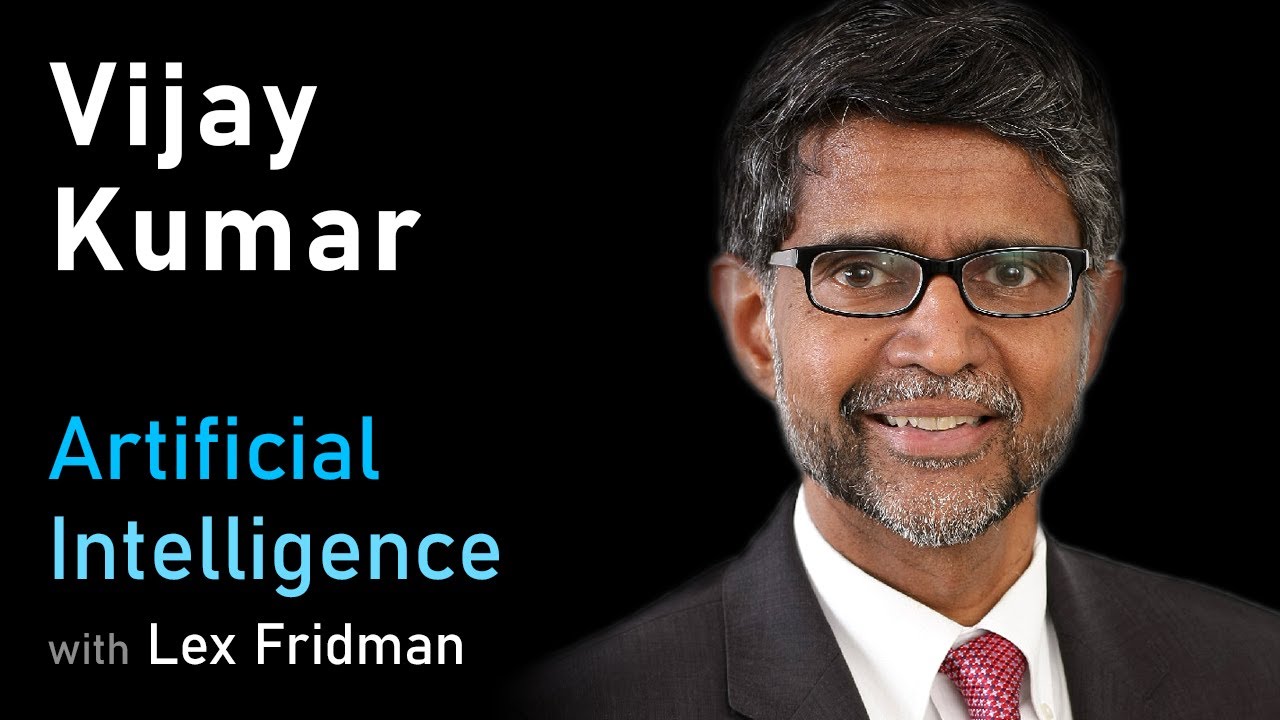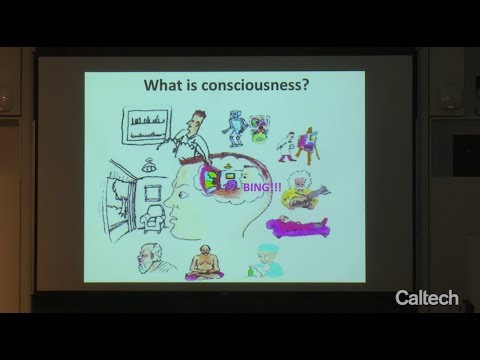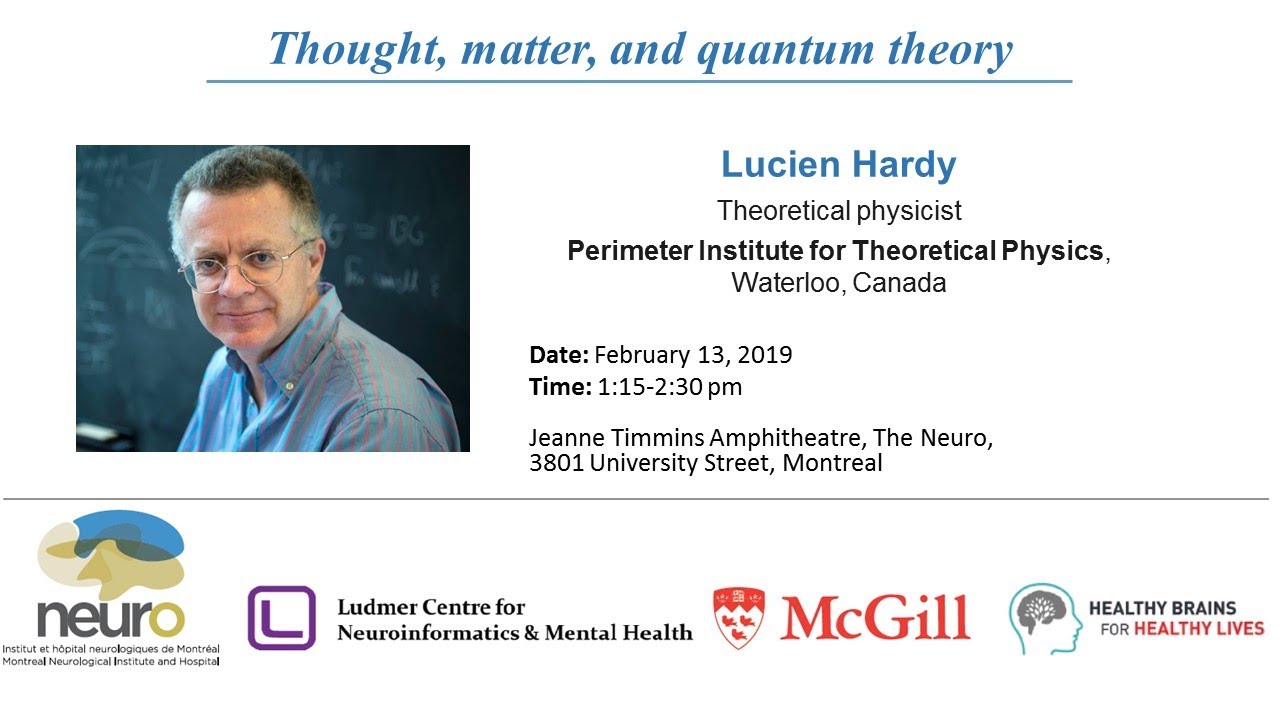Jonathan Pageau
Steven Pinker’s narrative of Enlightenment conveniently dismisses how the dark side of modernity is born in the same enlightenment principles he wants to uphold.
My links:
Support this channel: https://thesymbolicworld.com/support/
patreon: http://www.patreon.com/pageauvideos
subscribestar: https://www.subscribestar.com/jonathan-pageau
paypal: http://www.paypal.me/JonathanPageau
website: http://www.thesymbolicworld.com
facebook: http://www.facebook.com/TheSymbolicWorld
twitter: http://www.twitter.com/pageaujonathan
Bitchute: https://www.bitchute.com/channel/pageaujonathan/
Dtube: https://steemit.com/@symbolism
The unofficial facebook discussion group:
https://www.facebook.com/groups/1989208418065298/
The outro to my videos was written by Matthew Wilkinson
My website designers, Anomalist Design: https://www.anomalistdesign.com/
The music at the opening is Russian Eastern Overture, by Rimsky Korsakov.
Source




Amazing analysis. My new favorite Youtube channel. You are the first channel I've found that isn't playing the "my team good, other team bad" narrative but instead something more like "its complicated and if we just deem the 'other side' as bad we are no better than them".
The Enlightment generated totalitarians views of politics: Absolutism, Positivism, Marxism, Anarchism, Leninism, Fascism, Nazism, among others, were created by “enlightened minds”.
This theories derivates from an in worldly eschatological perspective merged with an explicative framework based on a monotonous cause for everything (reason, matter, class, race, nation, etc.). But you can’t confuse a political prescriptive theory with an scientific explicative one, because knowing a cause and act in a proper way are too different powers of the soul. This is why they always create scapegoats: when the ideal scientific theory fails in the concrete political action is time to blame someone else.
Reminds me of something Jordan Peterson said in one of his Maps of Meaning lectures after tracing the idea of the sovereignty of the individual throughout history:
"To think about [the sovereignty of the individual] as an emergent property of Enlightenment ideals is dangerous, because that's 400 years. Who cares about 400 years? [The idea of the sovereignty of the individual] is forever , and forever is a lot more firm grounding than 400 years. It's not a set of rational ideas. It's way, way deeper than that."
0:00 Orthodox Christian Fellowship Meeting
Stephen Pinker's book Enlightenment Now has problems that Pageau wishes to explain next
3:19 The Progressive Narrative
– Anything he doesn't like is Counter-Enlightenment
7:29 He acts like he is moving away from Good/Bad to a Rational System, but he is still imposing a Good/Bad narrative when he makes his argument
8:52 The problem. True Religious narrative tries to encompass all of human reality.
If a man wasnt distracted by a womens butt and could only Focus
On sexual purity and prayer he most likely be a bloodly saint.
But if a man wasnt distracted by a womans butt there wouldnt be any childern born and in the book of Genesis GOD said be fruitfull and multiply, cover the earth and
Subdue it.
Now the distraction of a woman on a man goes deeper then his reason and he will do some very unreasonable things because of her.
We are not logic driven Vulcans like mr. Spock , reason is only one thing we are capable of. It isnt enought to just be nice, we must also try to be just. Human reason by its self isnt really up to the task of justice, thats way GOD made the ten Commandments and gave them to Moses , the law only kills so he sent his son to teach us how to forgive.
The enlightenment is simply a return to paganism, love those who love you, hate those who hate you. Lot of hate for PRESIDENT
TRUMP these days by those enlighten, reasonable fellows in
Academia.
This rant is more of a book review right?
Wow superb and surprising insights, genius
Pinker's horrible, his unbridled and vulgar optimism reminds me of Reagan…
The enlightenment is incompatible with totalitarianism. You have missed the whole point about how knowledge and progress is created. The scientific age started with the rejection of the idea that knowlege comes from authority. All knowledge is fallible because all people are fallible. Therefore we must have a system of error correction.
Many enligtenment thinkers has been wrong about many things but we are not promoting dogma. David Deutch who has had a huge influence on Pinker said that there is only one way to knowledge, by conjecture and criticism. The free exchange of ideas together with a tradition of criticism creates progress of ideas. So there is a difference between cherry picking and a system which eliminates failed ideas.
And thats why its not reasonoble to have a dictatorship of reason, they will be fallible and if citicism is hindered progress will be retarded. If you argue that dictatorship is the best way to progress you will have a hard time finding the empirical support for that. In the Soviet Union scientific progress was possible in many areas of technology but not in areas where ideological dogma was important. Lysenkoism for example was a social constructivist theory of biology/agronomy and to criticise it was illegal and some critics was killed. This led the Soviet agronomy to be decades behind western science. The implementetion of Lysenkos ideas led to massive crop failures and starvation which killed millions of people. This is why tying knowledge to authoritarian sources leads to tyrranny and is a hindrance to progress.
Is not about cherry picking, Pinker doesnt just look at democracies and think I like that therefore its enlightenment and i dont like dictatorships so thats not enligthenment. The thing is progress only happens where ideas can be descussed freely which is much more the case in open societies. You cant be pro progress and anti progress at the same time and if you think dictatiorship is the best way to create progress you simply dont understand what creates progress.
I've noticed a lot of progressives talk "Democracy" without mentioning it alongside a "Republic" which never made sense to me. Isn't a lone functioning Democracy just one step or two away from being a Monarchy?
very well put sir, thank you!
Irrationality > Hypocrisy
!+!TALMUD/Mishnah666 vs WORD of the Holy Spirit of OMNI3perYHV+VHYinChrist+Jesus'TRINITY!+!
You (and almost all art history books) mistranslated the etching. Is not "The sleep of reason produces monsters", but "The DREAM of reason produces monsters". "Sueño" in Spanish is dream NOT sleep.
true enlightenment is returning to your original nature, they way God originally wanted us to be. and in truth in order to be a fully enlightened being you must dissolve the self and "unify" with God (i.e. be as close as you possibly can). that is what it is. anybody who says anything else is either referring to a different process or is lying. anybody who is an atheist materialist is going in the wrong direction when it comes to enlightenment.
brilliant
Democracy is the opposite of nature. It is bought with money. It divides the people as well.It gives the 18 years old the same vote as the 70 year old.The ancient pagan kings and queens were much different than the Christian kings and queens that we read about in our history books today.
Great video. May I correct you on the 'right-parties in Europe' remark. If you are making a point about reason having to function alongside 'unreasonable' motives to move forward as a humanity (and that if one goes without the other, cycles occur) you should really read up on right wing conservative parties in Europe. They are in fact exactly addressing the need for belonging, the nationstate, cultural identity and alienable rights. The 'progressive totalitarianism' – as the EU is now called by many – moves away from the 'unreasonable right' , appealing to (climate)science as their centre. In reality they have invoked an unhinged irrationalisme and totalitarianism based on 'truths' that completely deny what they have left out of the equation (human reality, like you said).
My first vid of you, Mr Pageau. You strike me as a very bright young man. You do need, however, to make sure you’ve got your bare facts straight, before you venture into a given area, especially in critique.
I’ll mention just one instance in this comment: for the last time, HITLER WAS NOT ELECTED. He never got more than 44% of the German vote in a free election.
Outside of that: Pinker just doesn’t want to get his hands icky – let the Other palefaces clean our toilets and tar our roofs. Leave Thinking to the Elect. Harvard is crawling with this kind of mentality.
Want a Rational world?The best you’ll be able to do is disribute 10-20 mgs of escitalopram in the world’s daily food supply.
It has its flaws, as we’d see; but hey it beats paying Harvard leeches 7-figure salaries for the privilege of their trying to vend tried-and-tired Western philosophies to everyone else.
I've learned to look up the family and tribe background of people like Stephen Pinker. And if you do, you just may find a pattern. I'm not sure if its the high IQ or the tribe but there is a group of powerful people who really do spread a bunch of terrible ideas. Karl Marx is a good one to look up. And I really find it fascinating that they make themselves the only group on Earth that cannot be questioned. We are trained to defer to the experts, the bankers, the academics, and their tribe.
Pinker willfully used inaccurate and misleading data, ignoring things that "the enlightenment" brought us like slavery for one.
He is just another right wing Atheist with an obvious right wing agenda.
Science/reason, like some ancient talisman, can be, and usually is, used for both good and evil. When Hitler wanted to kill millions of people he used science to do it.
Steven Pinker has been married three times. He has no children. He has little to say that I find interesting.
Fyodor Dostoyevsky (Notes from underground) –
Yes, but here I come to a stop! Gentlemen, you must excuse me for being over-philosophical; it's the result of forty years underground! Allow me to indulge my fancy. You see, gentlemen, reason is an excellent thing, there's no disputing that, but reason is nothing but reason and satisfies only the rational side of man's nature, while will is a manifestation of the whole life, that is, of the whole human life including reason and all the impulses. And although our life, in this manifestation of it, is often worthless, yet it is life and not simply extracting square roots. Here I, for instance, quite naturally want to live, in order to satisfy all my capacities for life, and not simply my capacity for reasoning, that is, not simply one twentieth of my capacity for life. What does reason know? Reason only knows what it has succeeded in learning (some things, perhaps, it will never learn; this is a poor comfort, but why not say so frankly?) and human nature acts as a whole, with everything that is in it, consciously or unconsciously, and, even if it goes wrong, it lives. I suspect, gentlemen, that you are looking at me with compassion; you tell me again that an enlightened and developed man, such, in short, as the future man will be, cannot consciously desire anything disadvantageous to himself, that that can be proved mathematically. I thoroughly agree, it can–by mathematics. But I repeat for the hundredth time, there is one case, one only, when man may consciously, purposely, desire what is injurious to himself, what is stupid, very stupid–simply in order to have the right to desire for himself even what is very stupid and not to be bound by an obligation to desire only what is sensible. Of course, this very stupid thing, this caprice of ours, may be in reality, gentlemen, more advantageous for us than anything else on earth, especially in certain cases. And in particular it may be more advantageous than any advantage even when it does us obvious harm, and contradicts the soundest conclusions of our reason concerning our advantage–for in any circumstances it preserves for us what is most precious and most important–that is, our personality, our individuality. Some, you see, maintain that this really is the most precious thing for mankind; choice can, of course, if it chooses, be in agreement with reason; and especially if this be not abused but kept within bounds. It is profitable and sometimes even praiseworthy. But very often, and even most often, choice is utterly and stubbornly opposed to reason … and … and … do you know that that, too, is profitable, sometimes even praiseworthy? Gentlemen, let us suppose that man is not stupid. (Indeed one cannot refuse to suppose that, if only from the one consideration, that, if man is stupid, then who is wise?) But if he is not stupid, he is monstrously ungrateful! Phenomenally ungrateful. In fact, I believe that the best definition of man is the ungrateful biped. But that is not all, that is not his worst defect; his worst defect is his perpetual moral obliquity, perpetual–from the days of the Flood to the Schleswig-Holstein period. Moral obliquity and consequently lack of good sense; for it has long been accepted that lack of good sense is due to no other cause than moral obliquity. Put it to the test and cast your eyes upon the history of mankind. What will you see? Is it a grand spectacle? Grand, if you like. Take the Colossus of Rhodes, for instance, that's worth something. With good reason Mr. Anaevsky testifies of it that some say that it is the work of man's hands, while others maintain that it has been created by nature herself. Is it many-coloured? May be it is many-coloured, too: if one takes the dress uniforms, military and civilian, of all peoples in all ages–that alone is worth something, and if you take the undress uniforms you will never get to the end of it; no historian would be equal to the job. Is it monotonous? May be it's monotonous too: it's fighting and fighting; they are fighting now, they fought first and they fought last–you will admit, that it is almost too monotonous. In short, one may say anything about the history of the world–anything that might enter the most disordered imagination. The only thing one can't say is that it's rational. The very word sticks in one's throat. And, indeed, this is the odd thing that is continually happening: there are continually turning up in life moral and rational persons, sages and lovers of humanity who make it their object to live all their lives as morally and rationally as possible, to be, so to speak, a light to their neighbours simply in order to show them that it is possible to live morally and rationally in this world. And yet we all know that those very people sooner or later have been false to themselves, playing some queer trick, often a most unseemly one
I agree that we shouldn't overemphasize reason to the detriment of our whole selves. I do think Pinker is being misrepresented here on one point though. Pinker acknowledges that democracy is irrational. There is a whole passage in which he says that the majority of people, having rightfully recognized that their votes count for little actual change, instead vote on an emotional basis, and he seems empathetic about it. The strength of democracy he argues is that when people can express their frustrations via protest, voting, campaigning etc. power has a tendency to change hands peacefully.
Also, I always hear people use this comparison of Nazi Germany to forewarn of the dangers of democracy and I find it annoying because I have to wonder whether anyone has looked into how much context was a factor. Pinker touches on it briefly when he says that Romanticism and Nietschean philosophy were very influential at the time but he does not go into detail. My understanding is that democracy was a relatively new concept in Germany and had been imposed on it via the Treaty of Versailles in 1919. This is very different from nations like the U.S. or U.K where democracy has been developing for over 200 years and is a part of the institutions and cultural expectations. What were the checks and balances of the Wiemar Republic? Was the power of the media comparable to the media of an established democracy? Perhaps it was and perhaps the checks and balances were too, but I never hear these kinds of points brought up.
"Let us reason togeather " bible
Old atheist tricks. "Nothing new under the sun"